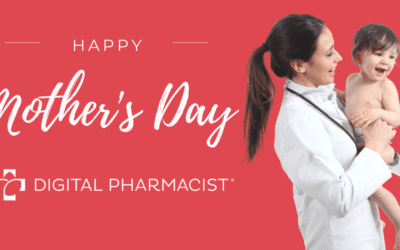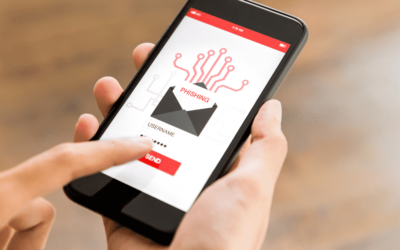Shingles cases have been on the rise among younger adults for decades, according to the CDC, making prompt prevention and treatment a must for local pharmacies.
Nearly 1 out of 3 Americans will develop a case of shingles in their lifetime. And while older adults are more at risk, data shows that incidents among adults aged 30-59 have climbed steadily, while senior cases began to slow in 2008.
A painful skin rash caused by the varicella-zoster virus (VZV) or chickenpox virus, shingles usually appear as a strip of blisters down one side of the body or face. After a case of chickenpox, the VZV often remains dormant in the body, reactivating years or decades after the original infection.
Because they contain the original virus, shingles, also known as herpes zoster (HZ), can be contagious and spread from person to person once reactivated. And though they are not life-threatening, shingles can occasionally lead to hospitalization and long-term side effects.
Identifying Patients At Risk of Shingles
People of all ages are at risk of shingles, especially those who have had chickenpox or who have been exposed to the VZV. However, the risk increases exponentially as patients get older, as does the chance of complications. Patients that have immunosuppressive conditions like leukemia, lymphoma, or HIV or take immunosuppressive medications also may be at risk.
Complications can include:
- Postherpetic neuralgia (PHN)
- Ophthalmic involvement, which can lead to vision loss
- Bacterial infections
- Palsies
Cases of shingles are generally easy to identify due to the distinctive rash that forms blisters down one side of the body or face, though it can be present in multiple areas. The first sign of shingles may include mild to severe pain, itching, or tingling between 1 and 5 days before the rash presents itself.
The rash typically lasts a total of 14-28 days, turning into blisters around Day 4 before scabbing over between Days 7 and 10. Patients often describe feeling a burning, itching, throbbing, or stabbing sensation at and around the rash site. Other symptoms can include fever, chills, headaches, malaise, and an upset stomach.
Pharmacists and Shingles Prevention
Pharmacists can help prevent spread by educating patients about signs, symptoms, and promoting treatment options.
A few treatments to recommend to patients:
- OTC medication. Analgesics, nonsteroidal anti-inflammatory drugs (NSAIDs), and acetaminophen can be used to treat ongoing symptoms and offer pain relief.
- Antiviral medication. Acyclovir, valacyclovir, or famciclovir help arrest the duration of the rash and are best administered within 72 hours of diagnosis. They can also prevent complications like PHN.
- Soothing and relief products. Calamine lotion, compresses, oatmeal baths, and witch hazel may reduce rash discomfort. Since the virus is more likely to spread during the blister stage, helping patients manage symptoms effectively can reduce the chance of new infections.
Shingles Vaccination
The CDC recommends the shingles vaccine for patients 50 years and older to prevent infection. Given the number of rising cases among younger adults, those aged between 30 and 50 may want to consider this option as well.
Prior to 2020, there were two major shingles vaccines: Shingrix and Zostavax.
Shingrix, a two-dose recombinant zoster vaccine, has emerged as the major choice for pharmacies and health providers nationwide. Zostavax was a live zoster vaccine that was found to provide less protection against shingles cases and has been discontinued in the US as of November 2020.
Offering Shingles Vaccinations at Your Pharmacy
Pharmacists have played a critical role in community health care, especially during COVID-19. Moving forward, your pharmacy should consider adding immunization services to your offerings, ensuring that you can treat common yet preventable conditions like shingles.
Systems like the appointment-based model offer pharmacies a blueprint for simple and effective pharmacy workflows that result in quality patient care. Adding tools such as digital engagement platforms, direct secure messaging, and vaccination scheduling will keep you organized and add value to your patient experience.
Want to learn more about how Digital Pharmacist’s digital engagement and communication solution can support your shingles vaccination services? Request your free software demo today.


